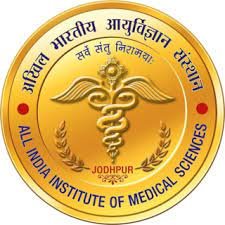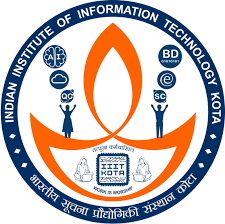Graduates of M.Sc. Life Science programs have diverse career opportunities in research, healthcare, education, biotechnology, and environmental science. They can work as research scientists, laboratory managers, educators, or conservationists, contributing to advancements in life sciences
Future Scope & Benefits for M.Sc. in Life Science Course
Life sciences encompass a vast field of study that includes biology, ecology, genetics, physiology, and more. Pursuing a Master of Science (M.Sc.) in Life Science allows students to delve deep into these areas, gaining a comprehensive understanding of living organisms and their interactions with the environment. In this article, we will explore the future scope and benefits of pursuing an M.Sc. in Life Science.
Future Scope of an M.Sc. in Life Science Degree
The future scope of an M.Sc. in Life Science is promising, with opportunities in research, biotechnology, pharmaceuticals, and healthcare. Graduates can pursue careers in genetics, ecology, microbiology, and more. Life science professionals are in high demand for their expertise in addressing global challenges like disease, environmental conservation, and food security. This degree offers a path to impactful and rewarding work.
-
Research Scientist: Graduates can work as research scientists in various fields, including molecular biology, genetics, microbiology, and ecology. They may conduct experiments, analyze data, and contribute to scientific discoveries.
-
Biotechnologist: Biotechnology is a rapidly growing field with applications in medicine, agriculture, and industry. M.Sc. in Life Science graduates can work in biotech companies, developing new products and technologies.
-
Environmental Consultant: With increasing environmental concerns, there is a growing demand for professionals who can assess and mitigate the impact of human activities on ecosystems. Environmental consultants help organizations comply with regulations and implement sustainable practices.
-
Pharmacologist: Those interested in pharmaceuticals can pursue careers as pharmacologists, studying the effects of drugs on living organisms. They may work in drug development, testing, or regulatory affairs.
-
Ecologist: Ecologists study the relationships between organisms and their environments. They may work in conservation, ecosystem management, or environmental policy to address ecological challenges.
-
Genetic Counselor: Genetic counsellors help individuals and families understand their genetic risks and make informed decisions about their health. They play a crucial role in medical genetics and personalized medicine.
-
Teaching and Academia: Some graduates choose to become educators, teaching biology and life sciences at schools and universities. They may also engage in research and publish academic papers.
Benefits of Pursuing an M.Sc. in Life Science
Pursuing an M.Sc. in Life Science offers numerous benefits. It provides in-depth knowledge of biology, genetics, and ecology, preparing graduates for careers in research, biotechnology, and healthcare. This degree fosters critical thinking, problem-solving, and laboratory skills. Graduates can contribute to important scientific discoveries and innovations, making a positive impact on human health and the environment.
-
Deep Knowledge: The program provides a deep understanding of biological concepts, ecological systems, and genetic principles, making graduates experts in their field.
-
Problem-Solving Skills: Students develop strong analytical and problem-solving skills through laboratory work, data analysis, and research projects.
-
Diverse Career Options: An M.Sc. in Life Science opens doors to a wide range of career opportunities, from research and academia to industry and environmental conservation.
-
Scientific Contribution: Graduates have the opportunity to contribute to scientific advancements and innovations that can improve human health, protect ecosystems, and address global challenges.
-
High Demand: There is a growing demand for professionals with expertise in life sciences, especially in fields such as biotechnology, genetics, and environmental science.
-
Interdisciplinary Knowledge: Life science programs often incorporate interdisciplinary studies, preparing graduates to work collaboratively across various scientific domains.
-
Global Relevance: Life science issues, such as climate change, biodiversity loss, and disease outbreaks, have global implications. Graduates can work on solutions to these pressing problems worldwide.
 2 Years
2 Years
 Post Graduate
Post Graduate
 Science
Science














 back
back